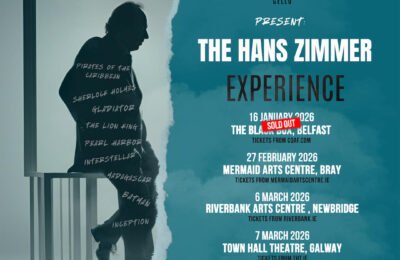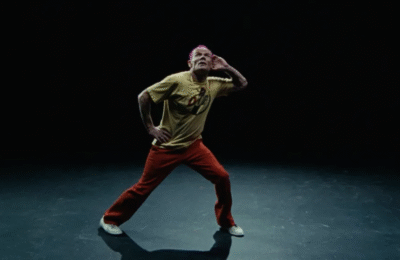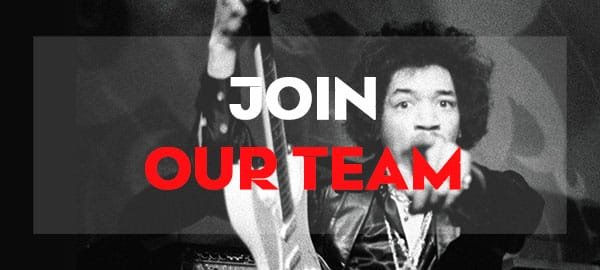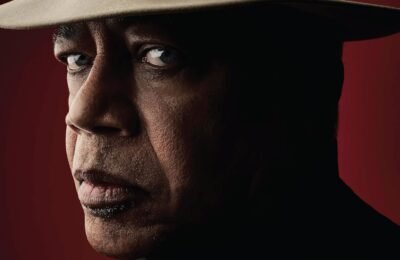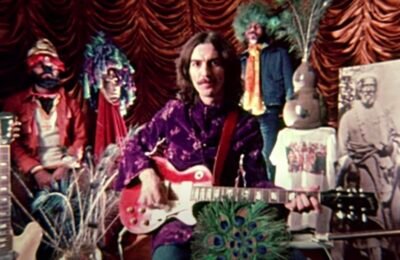Multi-instrumentalist Rick Davies, co-founder, and vocalist of Supertramp died September 6th, aged 81. He died at home in Long Island “after a long illness”, announced the band in a statement released on Sunday. Back in 2015, Supertramp had to cancel their « Supertramp Forever » tour, after Davies had been diagnosed with multi myeloma.
Early Sparks of Music
Born in 1944, Rick Davies’ first musical sparks came up when is was 8, as he discovered the album Drummin’ Man by Gene Krupa left in a secondhand radiogram. The discovery rocked his world. He started playing drums, and joined the local brass band as a snare drummer. He started taking lessons, motivated in becoming the best he could be, convinced it would opened the doors to a musical career. But eventually he got hooked on keyboard where he was even more comfortable. According to his mom, music was the only thing young Davies was good at in school. He taught himself most of it.
He joined his first band in 1959, before forming his own band, Rick’s Blues, in 1962 while studying in the Art Department in Swindon College. However, his budding career would soon be interrupted after his father became ill. He took a job as welder to help support the family. He came back to music in 1966 as he joined The Lonely Ones, who soon became The Joint. As the band was touring over Germany in 1969, he met with Dutch millionaire Stanley August Miesegaes. That meeting would be decisive in his career.

The Birth of Supertramp
Miesegaes was impressed by Davies musical talents, and offered him a significant sum of money for him to form his own band. Back in England, he immediately published an ad in Melody Maker. Roger Hodgson auditioned and the pair quickly connected, and started writing music together. Initially called ‘Daddy’, the band was renamed Supertramp in January 1970.
The band quickly signed a deal with A&M Records, and by the summer, they had recorded their first eponym album. While Hodgson sang all the vocals, Davies and him shared singing duties on the next one, Incredibly Stamped in 1971. The two albums, quite representative of the progressive rock at the time, didn’t sell to well, despite decent critics. The line-up was constantly changing, and the poor commercial result didn’t help. Only Davies and Hodgson remained. Miesegaes —who had financed the two albums— withdrew his financial support.
Eventually, Supertramp managed to settle with a stable line-up, with John Helliwell, Dougie Thompson and Bob Siebenberg. They recorded their first commercial success — Crime Of The Century, released in 1974. The band reached #4 in the UK charts and managed to stay there for a while. They went on to release Crisis? What Crisis? (1975) and Even in the Quietest Moments (1977) which received good success. The band reached their commercial peak in 1979 with Breakfast In America.

Hodgson’s Departure and Aftermath
Shortly after the release of …Famous Last Words… (1982) Hodgson left the band in 1983, to step away from the challenging touring lifestyle and focus more on their family. Supertramp continued on, releasing Brother Where You Bound (1985) and Free as a Bird (1987), before ultimately disbanding in 1988 —all remaining members agreeing the band had ran its course.
They reunited —without Hodgson— in the late 90s for two more albums Some Things Never Change (1997) and Slow Motion (2002). After that the band went on and off of activity, touring occasionally until the last tour in 2015 interrupted because of Davies’ health issues. After an aggressive treatment he appeared to get better and played occasionally with his solo act Rick & the Rockets around 2018 and again in 2022.
A Dispute Over Royalties
Back in 1977, Davies and Hodgson, main recipient of the band’s largest part of the royalties, agreed to share with the 3 other bandmates. But in 2018, Hodgson decided unilaterally that the agreement was finite in time and stopped paying. As a result, Helliwell, Thompson and Siebenberg filed a lawsuit against Davies and Hodgson. Rick Davies settled out of court in 2023, while Hodgson refused. Earlier this year the federal court stated that he had to pay his former bandmates.

Final Chords
Rick Davies’ legacy rests in the unmistakable sound he helped craft — a blend of bluesy grit and progressive ambition that carried Supertramp to worldwide acclaim. His voice and keyboards provided the grounding counterpoint to Roger Hodgson’s soaring tenor, together creating one of rock’s most distinctive partnerships. Even through illness, disputes, and shifting fortunes, Davies’ music has endured, ensuring his place as a cornerstone of 1970s rock.
The news comes charged with emotion for me personally, as Supertramp was one of the first bands I ever saw live, alongside my best friend — a memory that makes this farewell all the more poignant.




